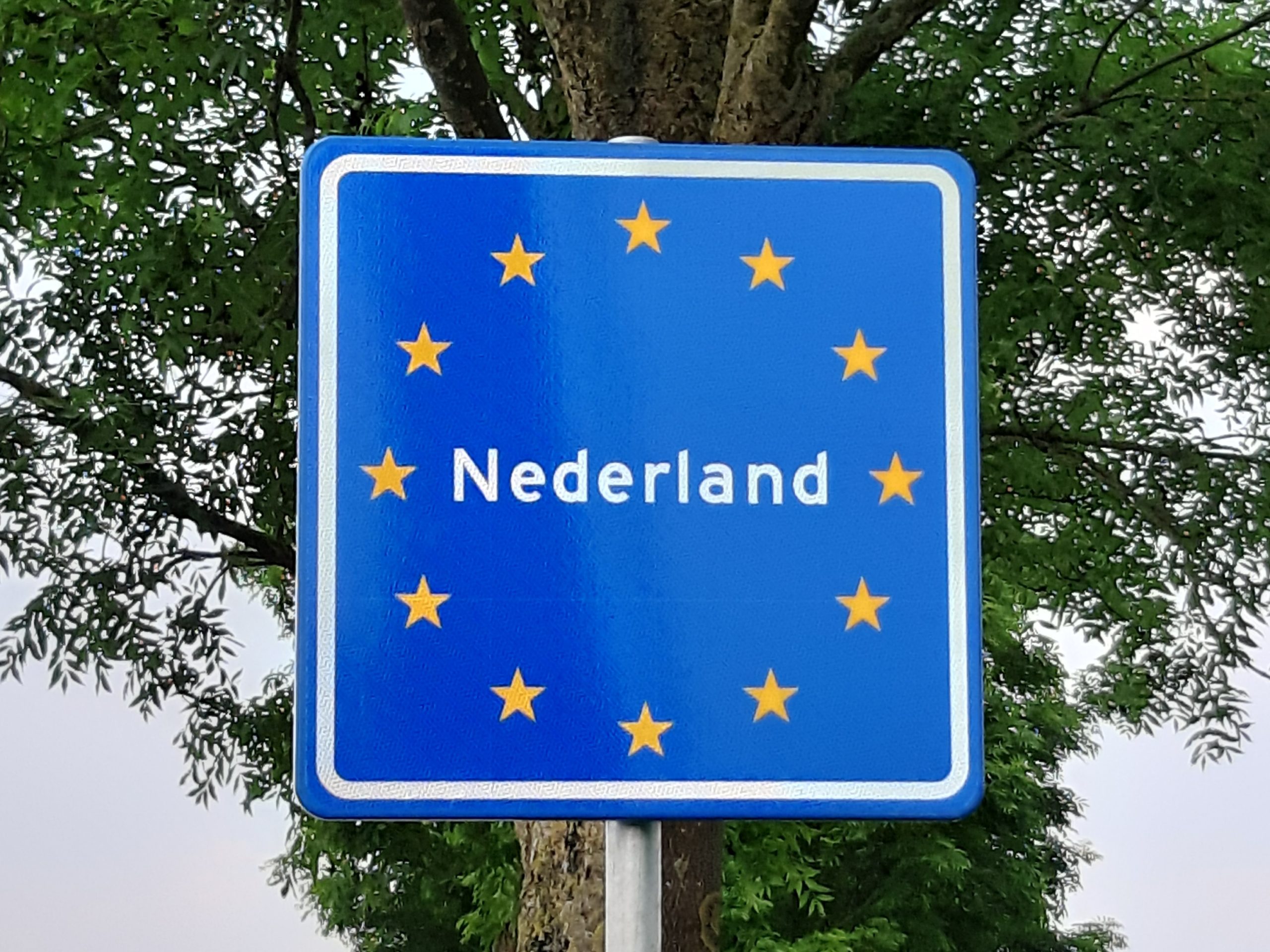The recent proposal by the EU Commission to increase the fee for travel authorisation has ignited a wave of criticism from various sectors of the tourism industry. This change could potentially redefine travel experiences for visa-free non-EU travelers heading to Europe.
Fee Increase Details
The EU Commission has put forward a plan to raise the fee for the ETIAS (European Travel Information and Authorisation System) from €7 to €20. This adjustment is attributed to factors such as “increased inflation since 2018” and additional operational costs stemming from new technical features integrated into the system.
Supporters of the fee increase argue that the cost is still relatively low compared to other travel authorisation systems, pointing out that the fees for the UK’s Electronic Travel Authorisation (ETA) and the US’s Electronic System for Travel Authorization (ESTA) hover around €18. However, the substantial rate hike has left many in the tourism sector concerned about the wider implications.
Industry Reaction
Organizations such as KLM airline and the travel agents association ANVR have been vocal critics of the proposed increase. They highlight the notion of “proportionality and fairness,” emphasizing that raising the fees further burdens travellers, especially families, amid ongoing challenges like geopolitical instability and high inflation rates.
- The revenue generated from this fee could be insignificant in the broader context of travel costs.
- Nonetheless, the cumulative effect on household budgets is noteworthy, especially when locations like Amsterdam have already instituted some of the highest tourist taxes globally.
Industry representatives are urging the European parliament and council to reconsider, advocating for approval of a “more proportionate, evidence-based fee”. Concerns also extend to whether alternative pricing models were thoroughly examined, particularly when comparing the EU’s fee structure with those outside the region.
Implementation Timeline
The ETIAS system, although not yet fully operational, is expected to commence in the last quarter of 2026. The introduction of this travel authorisation will specifically affect visa-exempt non-EU travelers, necessitating that they apply online for permission to enter the Schengen area prior to travel.
Exemptions are in place for specific groups, such as minors under 18, seniors aged 70 and over, family members of EU citizens, either traveling for personal or professional reasons, and British citizens benefitting from rights preserved under the Brexit withdrawal agreement.
Staged Rollout Plan
The first significant step in this rollout will be the Entry/Exit System (EES). This electronic framework will record data on non-EU travelers entering the Schengen countries for short-term stays (up to 90 days in any 180-day period). Phased implementation is scheduled to start in October 2025.
The Bigger Picture: Impact on Tourism
The increased fee for travel authorisation comes at a pivotal moment for the EU’s tourism industry, which is still attempting to regain ground lost during recent years of travel restrictions and economic fluctuations. The proposed hike raises several questions regarding the market’s sustainability and the attractiveness of European destinations in an increasingly competitive global tourism landscape.
In addition to this, travelers planning for future trips may need to budget more carefully for additional expenses. Having a clear understanding of these costs becomes essential, facilitating informed decision-making on travel arrangements—especially when it comes to choosing transportation methods, such as booking a taxi service through platforms like GetTransfer.com, which allows for comprehensive transparency concerning vehicle options, ratings, and prices.
Conclusion
As European authorities prepare to evaluate the suggested fee increase for travel authorization, it remains an important topic that could affect hundreds of thousands of travelers in the coming years. While the fee hike may seem minor in isolation, its implications run deeper, challenging both travelers’ budgets and the broader tourism sector’s health.
Ultimately, navigating these changes necessitates carefully considering the overall costs of travel, and understanding that even the best ratings and feedback cannot substitute for individual experiences. With GetTransfer, you can easily hire a car with driver from verified providers at budget-friendly costs, making it easier to find a comfortable ride that suits your needs. Get the best deals at GetTransfer.com.


Comments